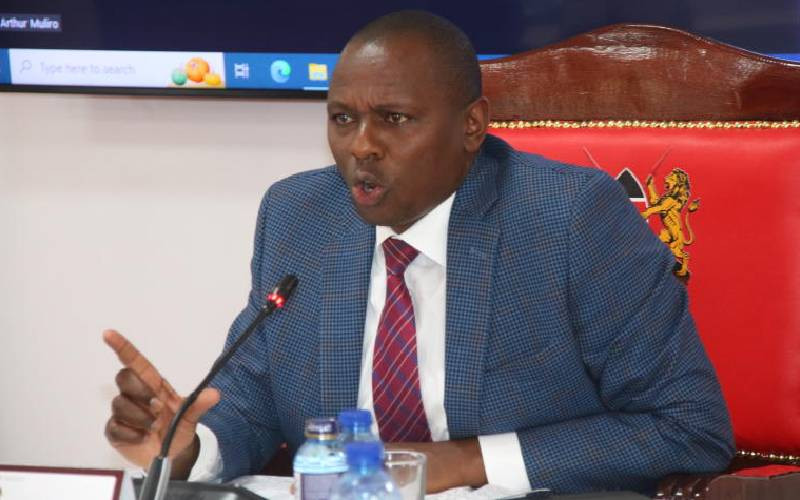×
The Standard e-Paper
Smart Minds Choose Us

In what promises to be a mettlesome two-day face-off pitting an out-of-favour President William Ruto's side and the opposition, the National Assembly yesterday began the debate of the controversial Finance Bill 2024.
Lawmakers drawn from either side of the political divide made their case as to why they were either for or against the Bill ahead of the voting exercise to be carried out later today.